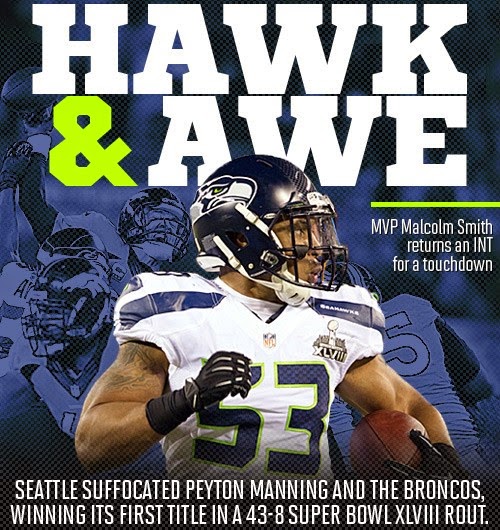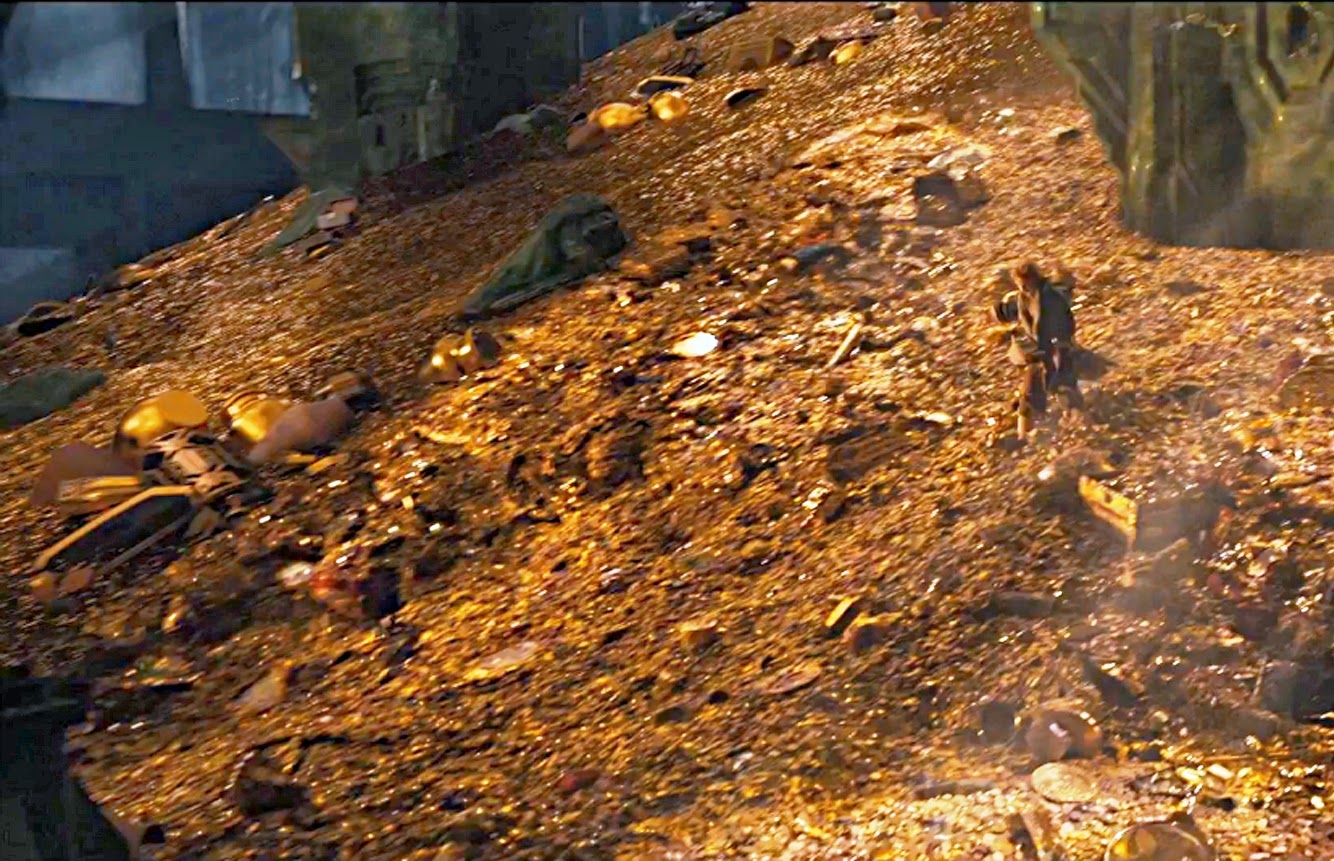The phrase “brass heavens” comes from the King James translation of Deuteronomy 28:23. “And thy heaven that is over thy head shall be brass, and the earth that is under thee shall be iron.” It was part of the consequences that God warned Israel would experience if they wandered off and rejected God in their new Promised Land.
We use the term “brass heavens” to describe an environment where it’s tough to connect with the heavenly realms, it’s difficult to hear from God, rare to experience his presence. Fundamentally, it’s about our experience of interacting with heaven.
 Have you ever felt like no matter what you did or prayed, nothing was happening? That’s what we’re talking about.
Have you ever felt like no matter what you did or prayed, nothing was happening? That’s what we’re talking about.
There are a number of reasons for us to experience brass heavens. Deuteronomy says it’s a natural consequence of abandoning God. Indeed, it’s hard to connect well with God when we’re avoiding him. It is also commonly inferred that if the population of a region rejects God, then the heavens in that area may become brazen to them, and also to anyone else who comes into the region. Hmm. Maybe.
Personally, I believe that sometimes the “brass heavens” are a lie. There are times that the enemy simply accuses God before us: “He didn’t respond to us quickly or personally enough. You must be on the outs with God!” No, the devil just talks louder and faster than Father does.
There are times (Daniel 10:13 is an illustration) where the “brass heavens” are the result of events in the heavenly realms which we cannot see. Job also experienced this. It’s real, and it happens. In fact, in the Bible, it appears to only happen to good people.
There are undoubtedly other causes for that sense that we have which we describe as a brass heaven. Hold that thought; we’ll be back in a minute. Right now, let’s take a detour through the woods.
Some time ago, I was walking in the woods, and my attention was captured by something I saw there. I saw the same conflict acted out in two different ways, in two different parts of the forest.
I saw a giant fir tree, a grandfather, perhaps eight feet in diameter. The only tree of its size in the area, it was accompanied by its adult children: thousands of mature fir trees two to three feet in diameter surrounded it.
But the detail that caught my attention was the third generation of trees. There were not many saplings in the shadow of the larger trees. There were only a few young ones there, but they were thin, weak and yellowed from never having seen the direct light of the sun, their source of life. There were many that had died.
As I walked further, I came to a part of the forest that was dominated by great maple trees. A few giants spread their canopies, well separated from each other, the light through their leaves coloring the undergrowth a bright green.
Unlike the fir trees, the grandfather maple trees were not closely surrounded by their children. Between the great trees was a bright meadow, thickly populated by shrubs and berry bushes, but not a single young tree was growing in the meadow, though the meadow was surrounded by younger maple trees competing with younger fir trees for the light.
I’ve studied botany a little, enough to know that both behaviors are defense mechanisms for the mature trees. The fir trees grow tightly together so that there is no light left for any competitors, even their own offspring. The grandfather fir trees, the old growth giants, have no need to hinder the growth of any competitors: they tower above all others, secure in their own capacity to reach the sunlight.
The great maple trees do it differently. The great giant trees give off a chemical that poisons the soil near them so that no tree can grow there, thus eliminating any competitors for the precious sunlight. Grandfather maple trees are broader, not taller, than their younger competitors. They cannot tower securely above the younger trees as the old growth firs can, so they must eliminate the competition.
Here’s a radical thought: what if the “brass heavens” over some people is the “forest canopy” of others?
 I have lived among a metaphorical stand of fir trees. The community of saints were largely mature (both in age, and in their walk of faith), and they were so closely connected with others their age that there was no room for someone young in their faith to break in and discover the life that they needed to thrive.
I have lived among a metaphorical stand of fir trees. The community of saints were largely mature (both in age, and in their walk of faith), and they were so closely connected with others their age that there was no room for someone young in their faith to break in and discover the life that they needed to thrive.
Do you know how many churches have fights about the worship music? Just the question of “organ music or pop-rock music” has destroyed thousands of American churches. Other communities continually preach the same salvation message for sixty years, or, on the other extreme, the same marriage-and-family messages, ignoring the needs of the younger members, forcing them into the darkness, stunting their growth. The “brass heaven” there comes, at least in part, from the unwillingness of the adults to become parents, the inability to make room for the young ones.
I’ve also served the metaphorical mature maple trees, where the ministry is all about the one leader, and where no real growth is permitted among any other leaders who might challenge the position of the senior leader.
I’ve seen churches where the founding pastor is still the senior pastor 40 years later, but no youth pastor or worship leader is kept for more than 3 years, and the only associate pastors are those who’ve learned never to grow beyond a certain limit. The “brass heaven” in those places is, at least partly, the result of the senior leader’s ego.
As I’ve reflected on my lessons from the forest, I’ve been very grateful that I have feet instead of roots. I’ve used those feet to depart those deadly forests. There are thousands like me, unwilling to sacrifice my own growth for the comfort of the fathers and grandfathers that have gone before me. Unfortunately, there are millions more, lost in the shadows, withering, dying without the sun.
Of course, wherever I go, there is always the temptation to gather a tight group of friends who support each other, but really don’t make room for another generation to be part of the community. Or there’s the temptation to create my own forest, where I’m the reigning monarch, and everybody else is reduced in order to serve my own needs.
The old growth fir tree is easily the best model from this particular day in the forest: tall and strong, secure in his own relationship with the sun of life, he broadcasts seed, carried by wind, and he populates entire regions, reshapes the environment within his influence.
The drawback, of course, is that it is incredibly costly to become the old growth fir tree: costly in time. It requires, in the tree’s case, centuries of growth to reach that size, centuries of avoiding the forest fires and logging companies and diseases that are the end of so many of its peers.
But I suspect that we can, ideologically, at least, become the old-growth giant long before we’re either old or giant. Being creatures that (unlike the trees) are created in God’s image with a free will, we can exercise our will.
We can choose to not participate in the closed relationships that keep others at a distance. We can choose to let others grow and thrive around us, encouraging the ones that will eclipse our own growth or gifting, so that they become greater and more successful than we’ve ever been.
We can choose to raise up and release a generation that’s just now encountering the “brass heavens” of the saints.
 But God is inviting us to receive a NEW word from him (“prophets” speaking of the prophetic community we’re part of), which will take us into a new realm of battle, and into a new realm of victory. You’ll take territory you’ve never had before, territory that you’ll never have to give up.
But God is inviting us to receive a NEW word from him (“prophets” speaking of the prophetic community we’re part of), which will take us into a new realm of battle, and into a new realm of victory. You’ll take territory you’ve never had before, territory that you’ll never have to give up.



 Looking at modern geography, it’s no wonder God chose Israel and no question what God chose Israel for. I don’t think even the thick-skulled Americans could stand against such opposition with such a small plot of land. Israel was chosen to protect the world, and for good reason.
Looking at modern geography, it’s no wonder God chose Israel and no question what God chose Israel for. I don’t think even the thick-skulled Americans could stand against such opposition with such a small plot of land. Israel was chosen to protect the world, and for good reason.











